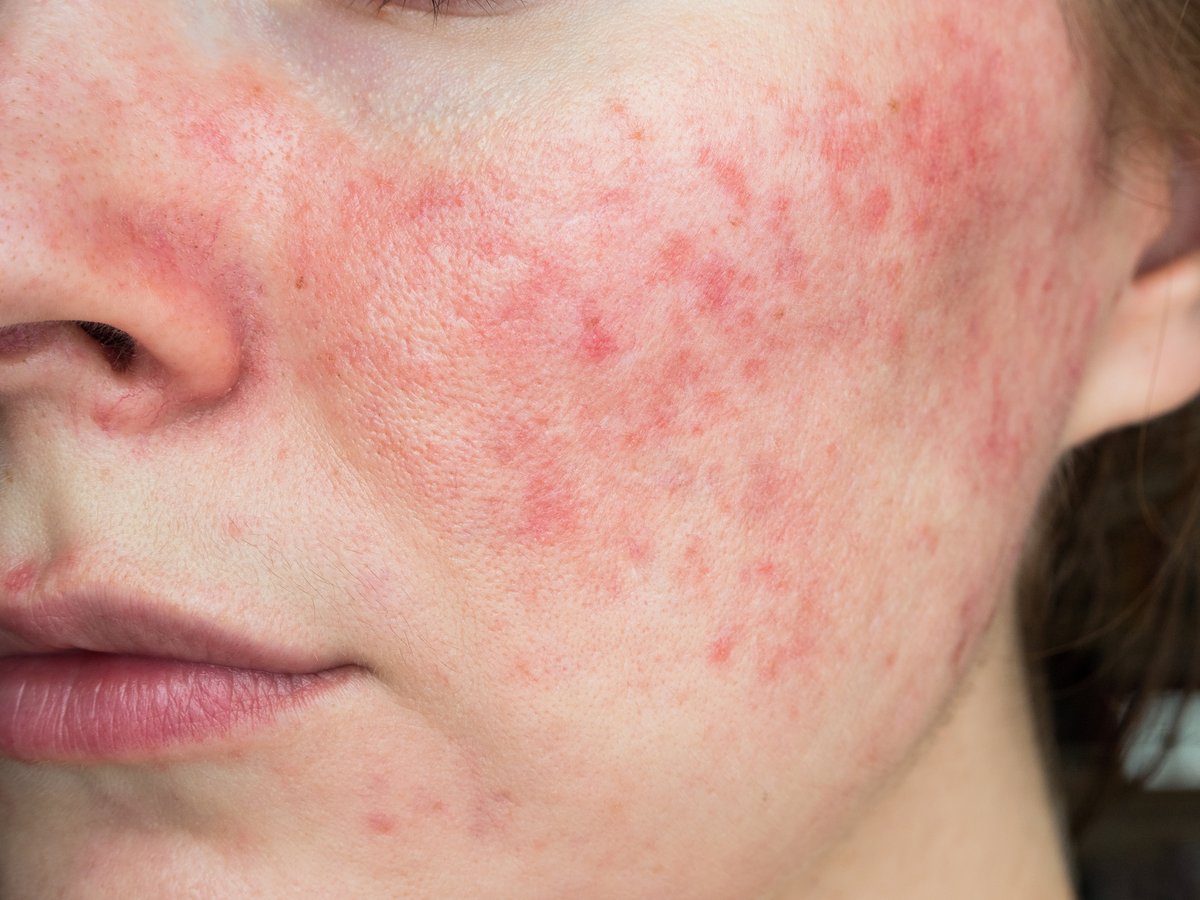
Oh, come on. First, we're not doing enough, now we're doing too much... ugh. Can the skincare Gods please give us a break already?!
For the love of ceramides, we're exhausted.
Because in case you haven't heard, experts are now saying that the more we obsess with strengthening and 'fixing' our skin barriers, the more we risk doing real harm.
And we just...

So, is this a thing? Can you actually give your skin barrier too much love and end up damaging it even more?
To find out, we spoke to cosmetic doctor Dr Yalda Jamali from All Saint Clinic and asked her if it's really possible to protect your skin barrier... too much.




























































































